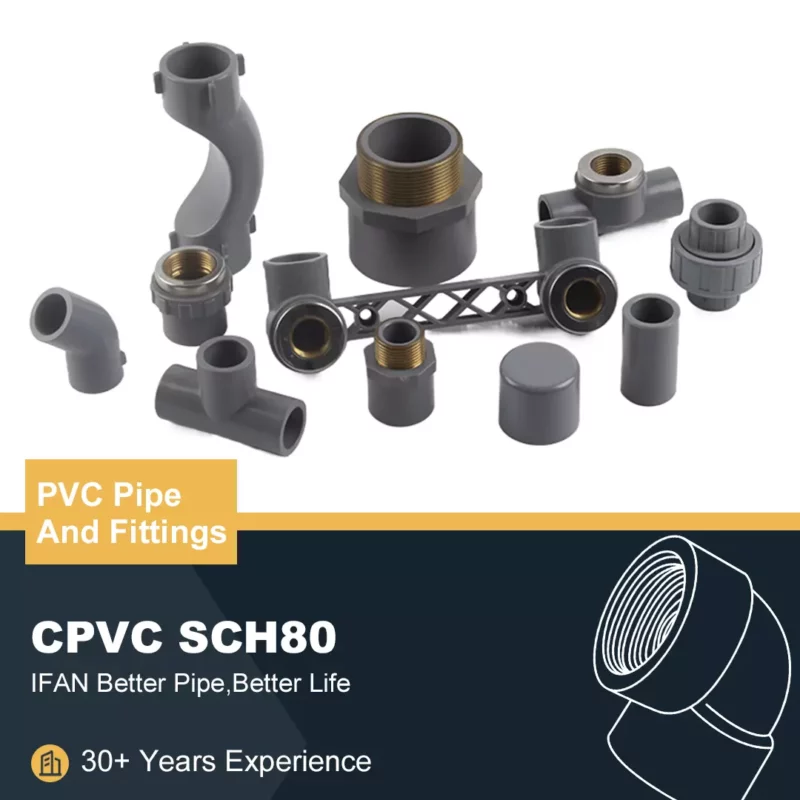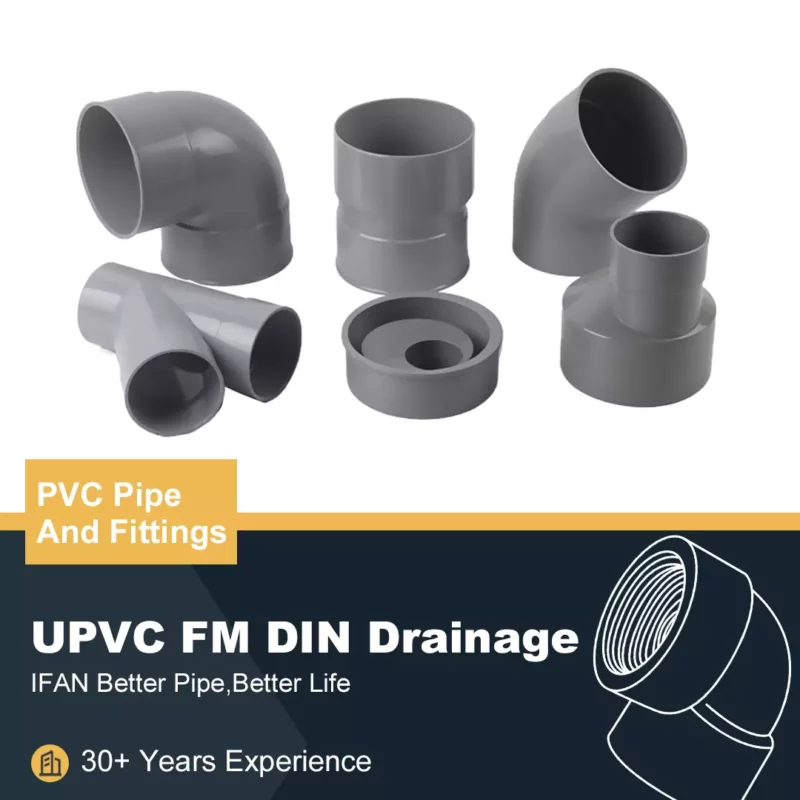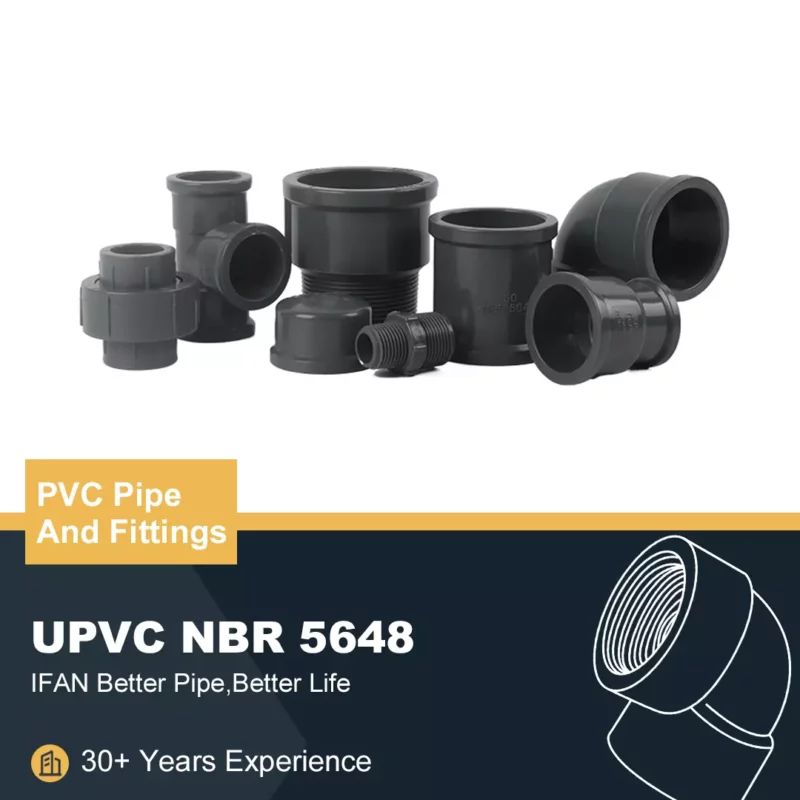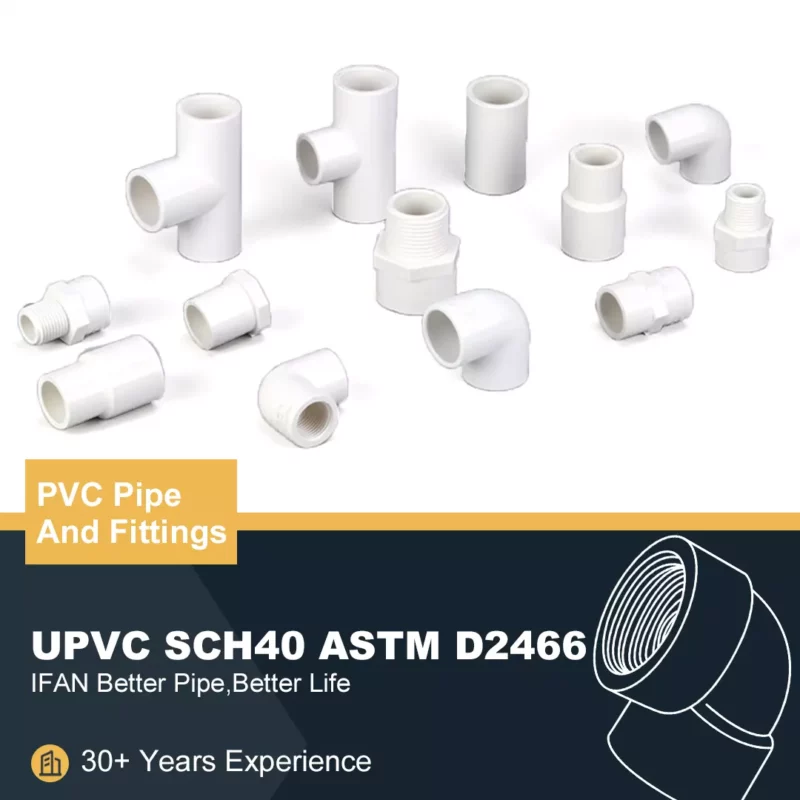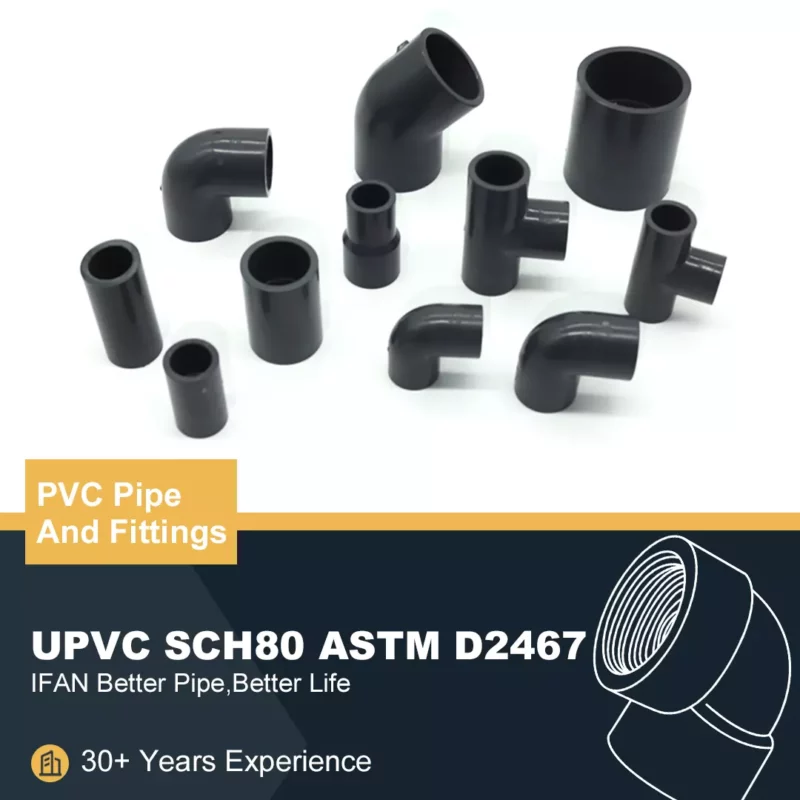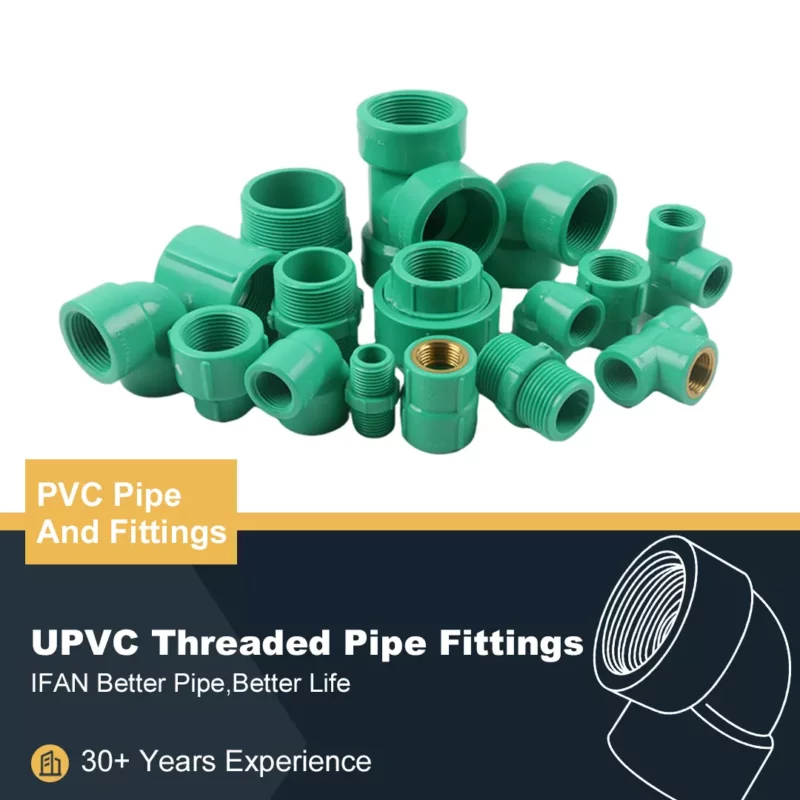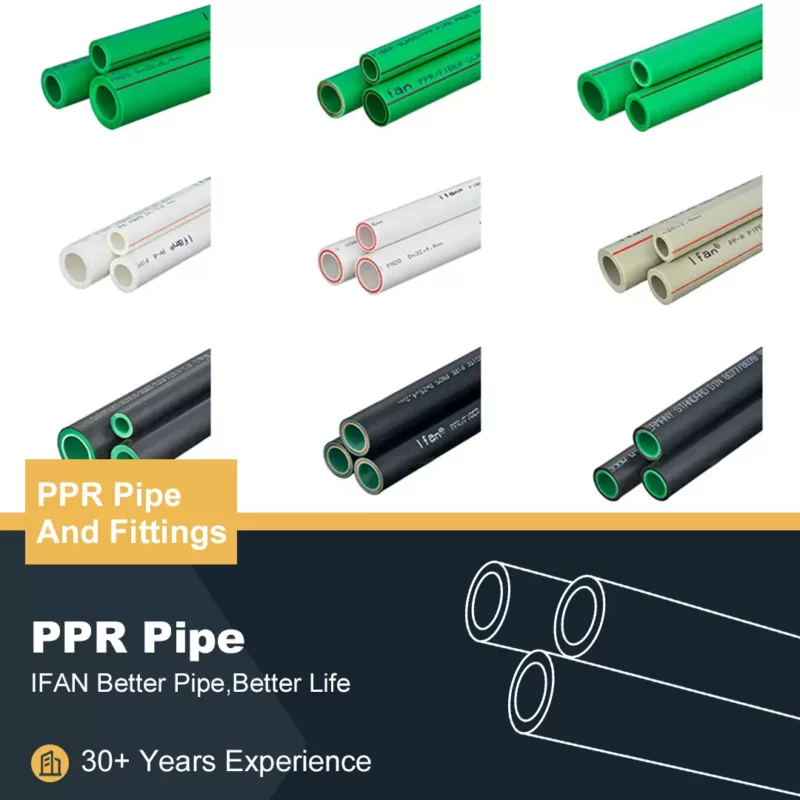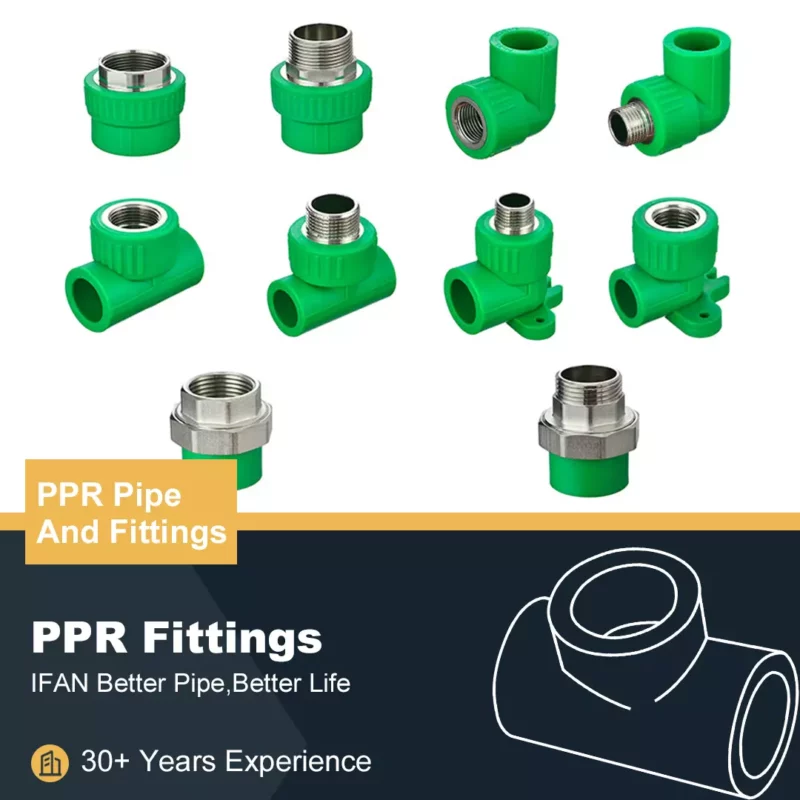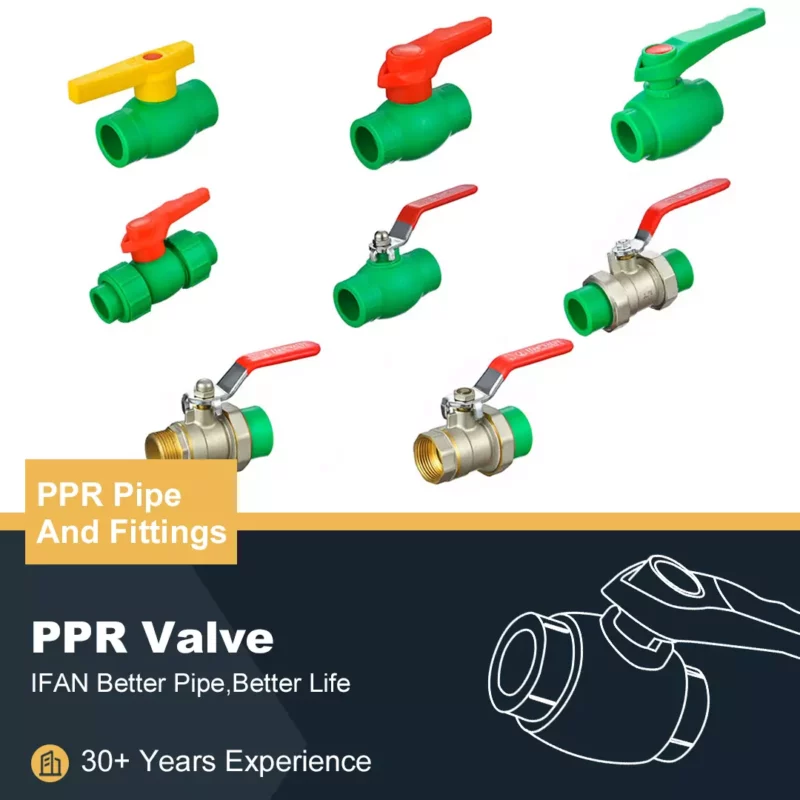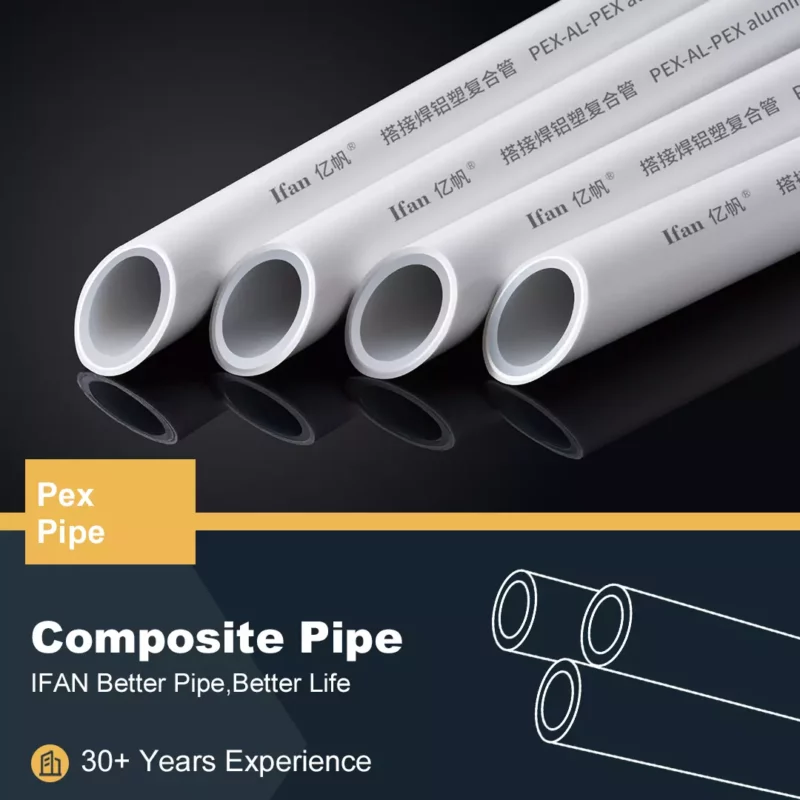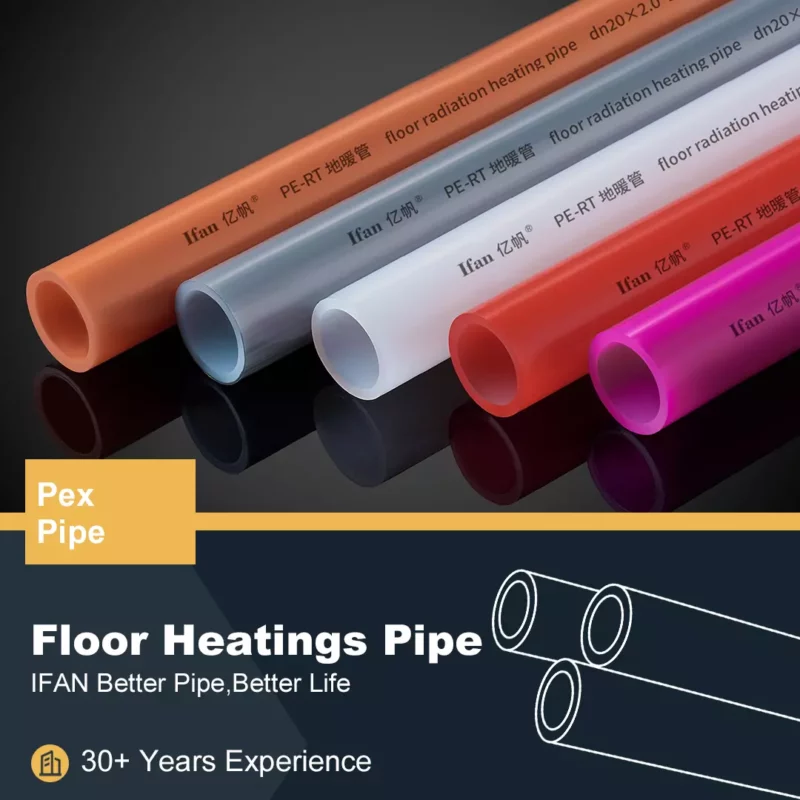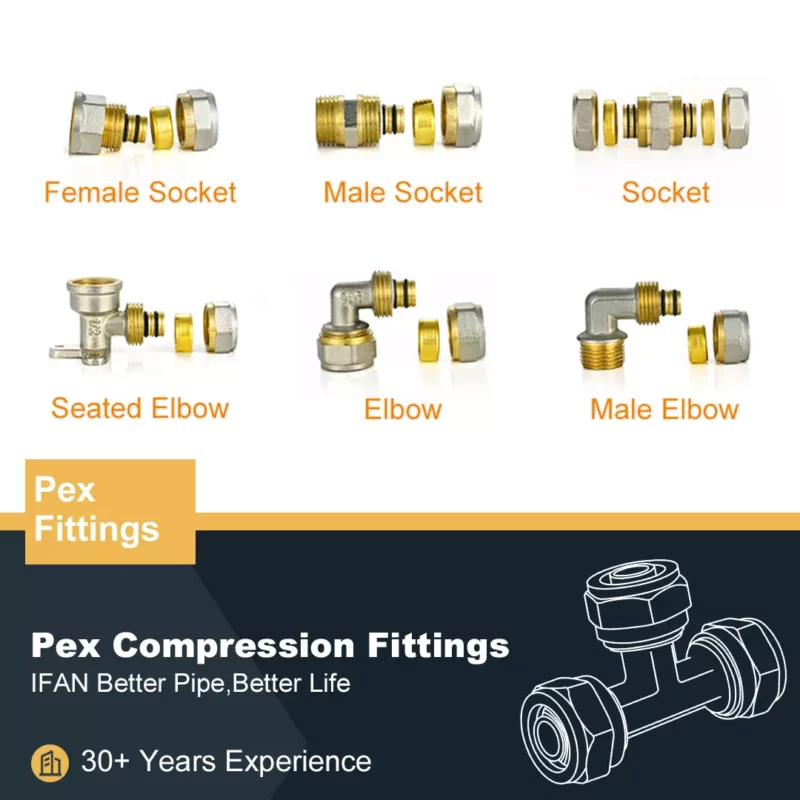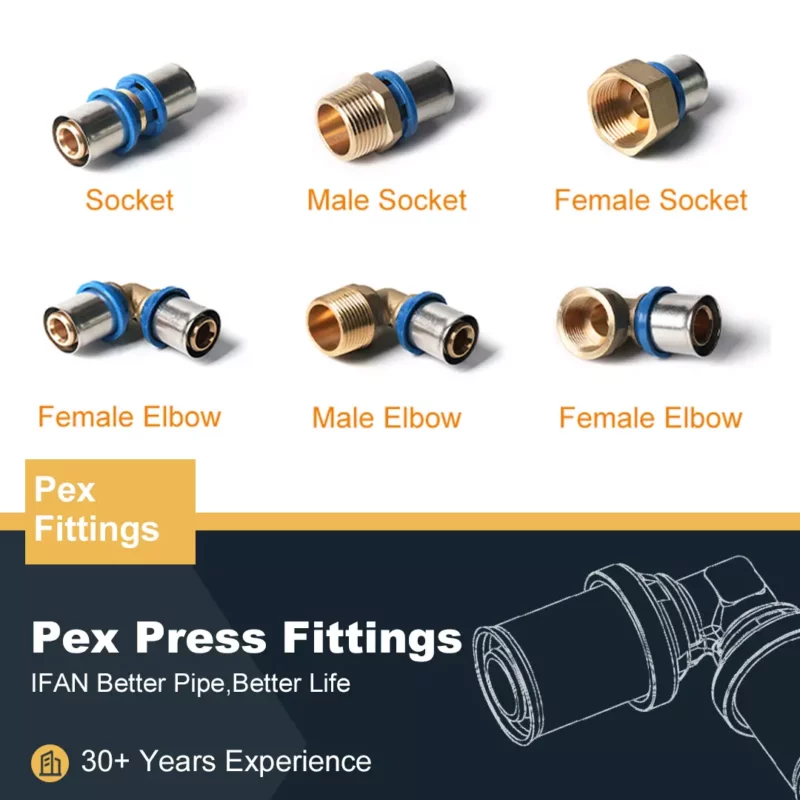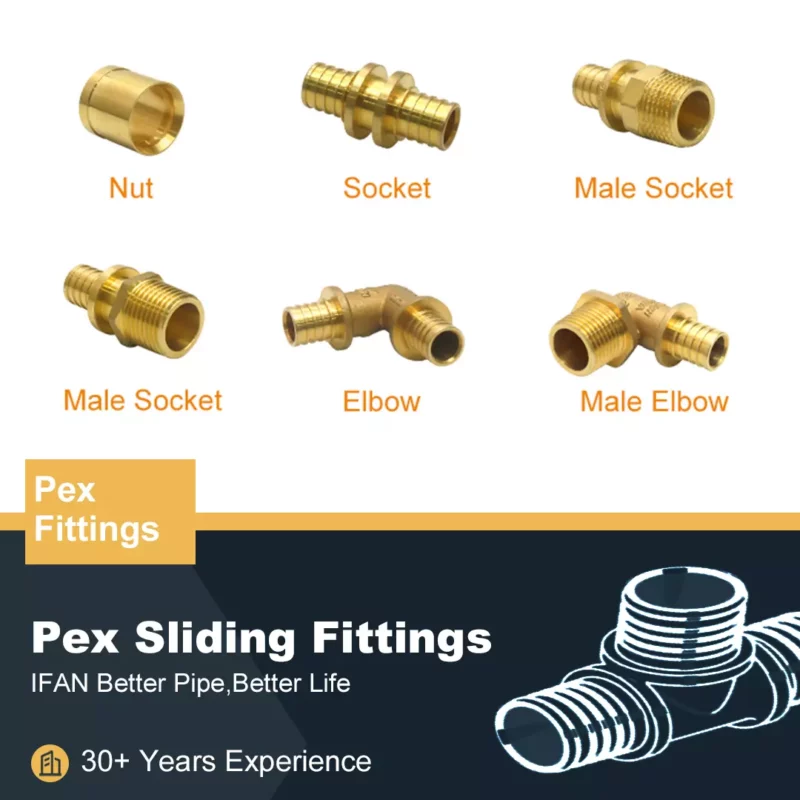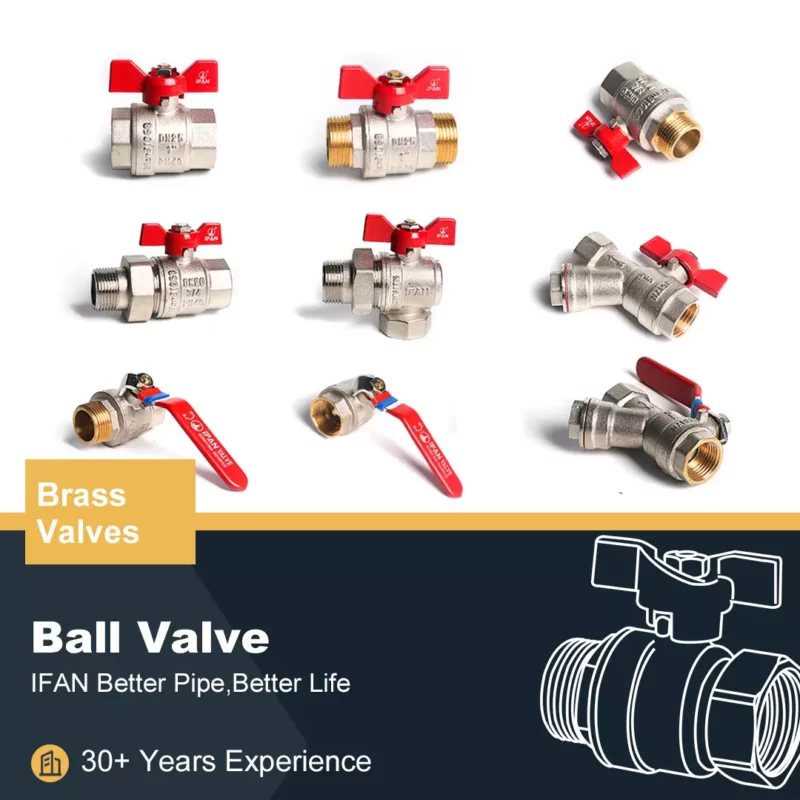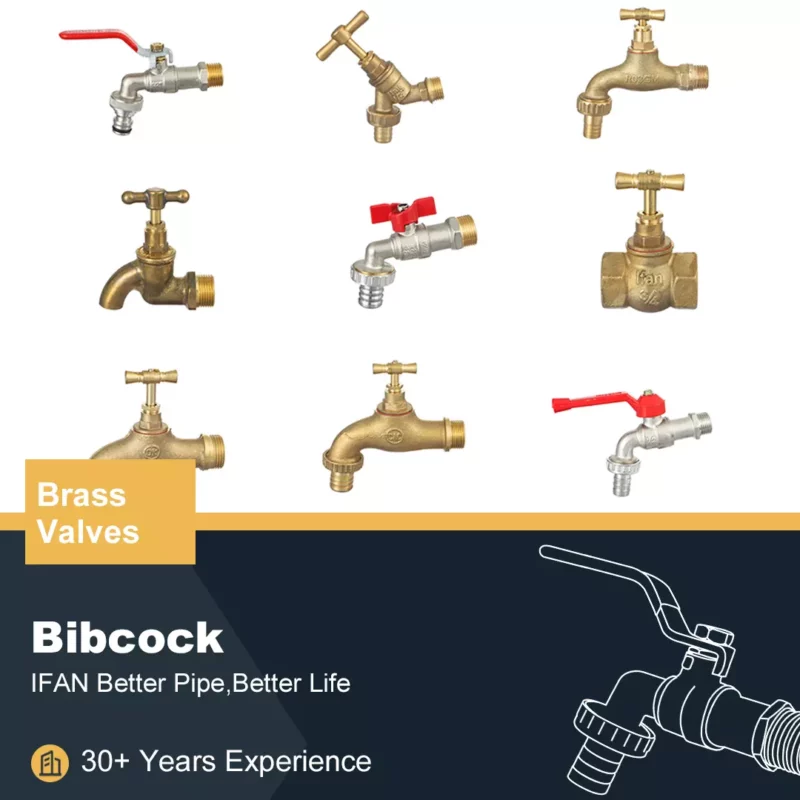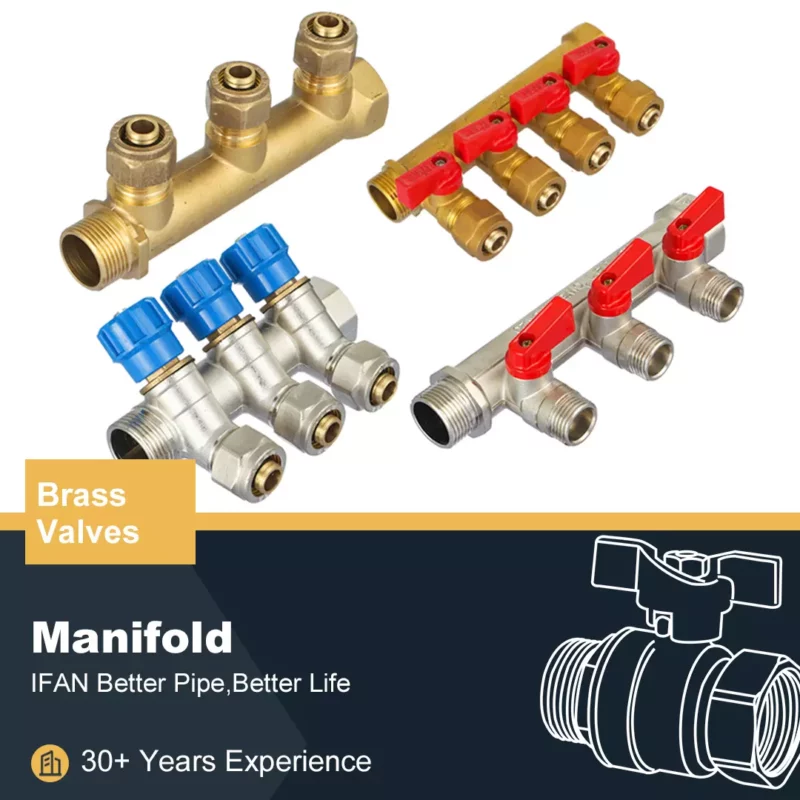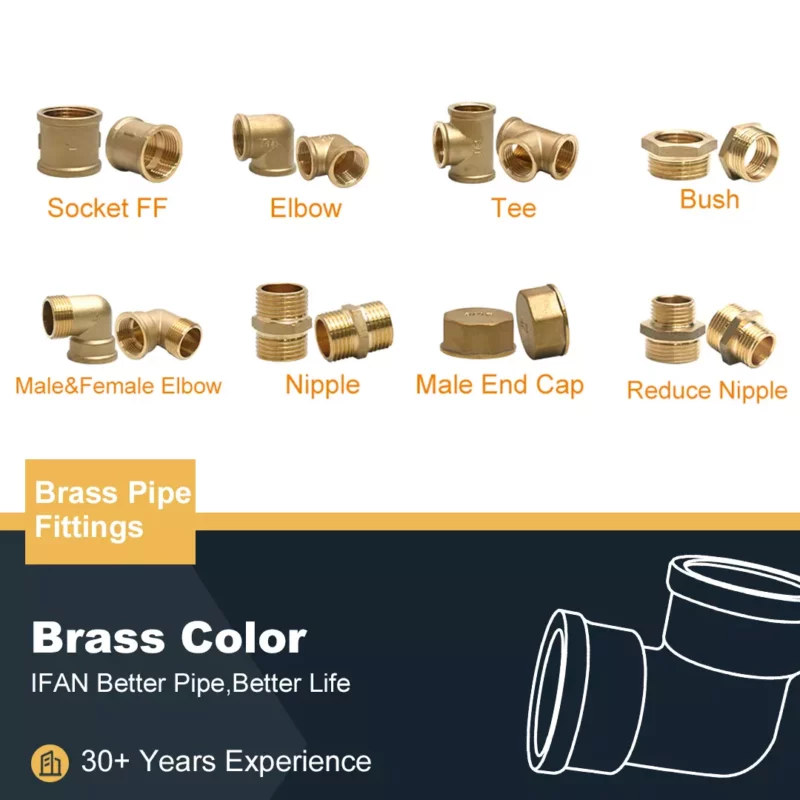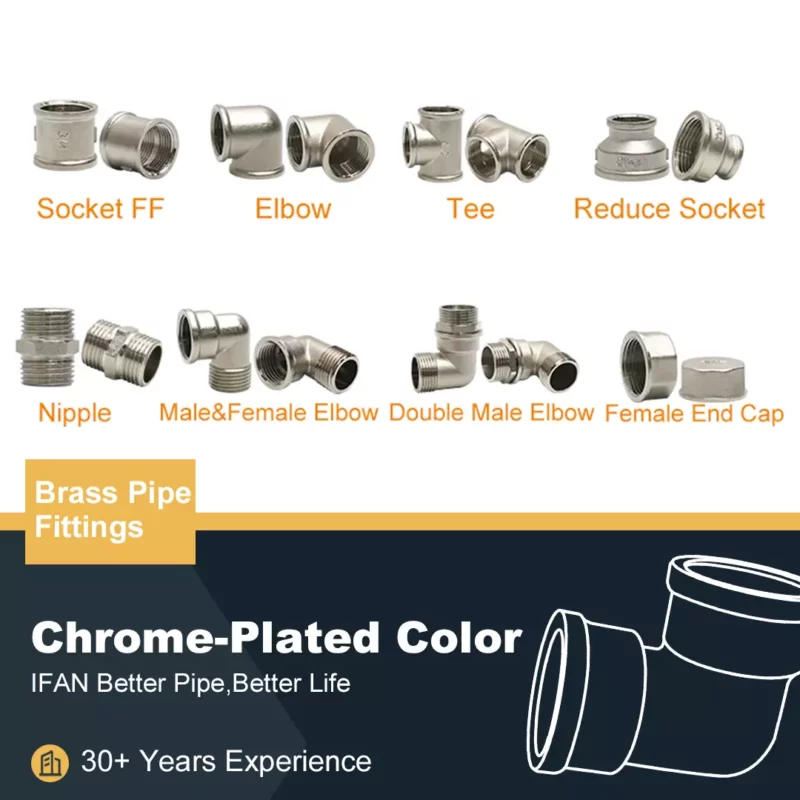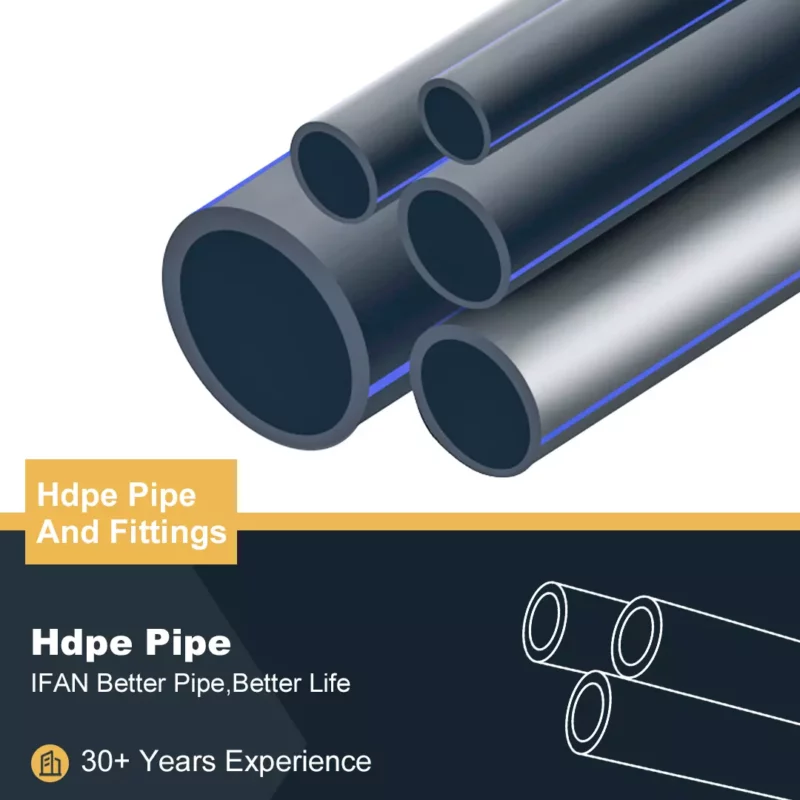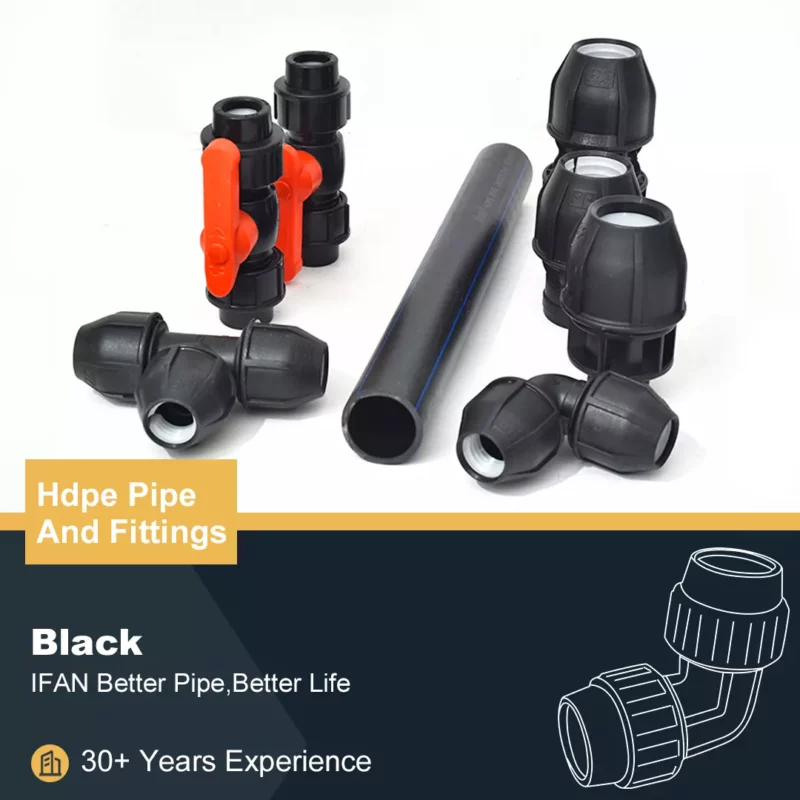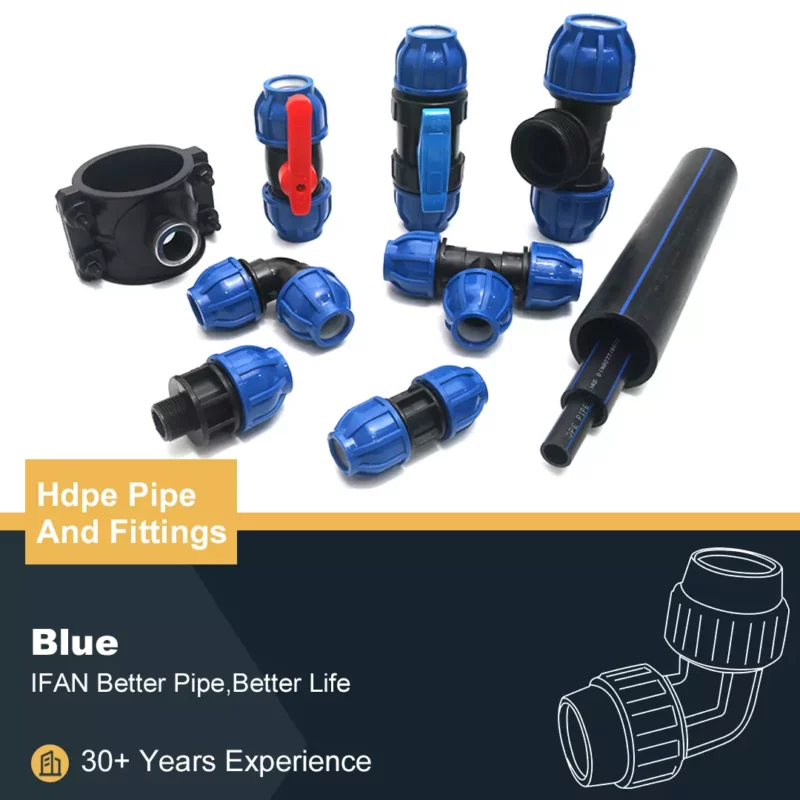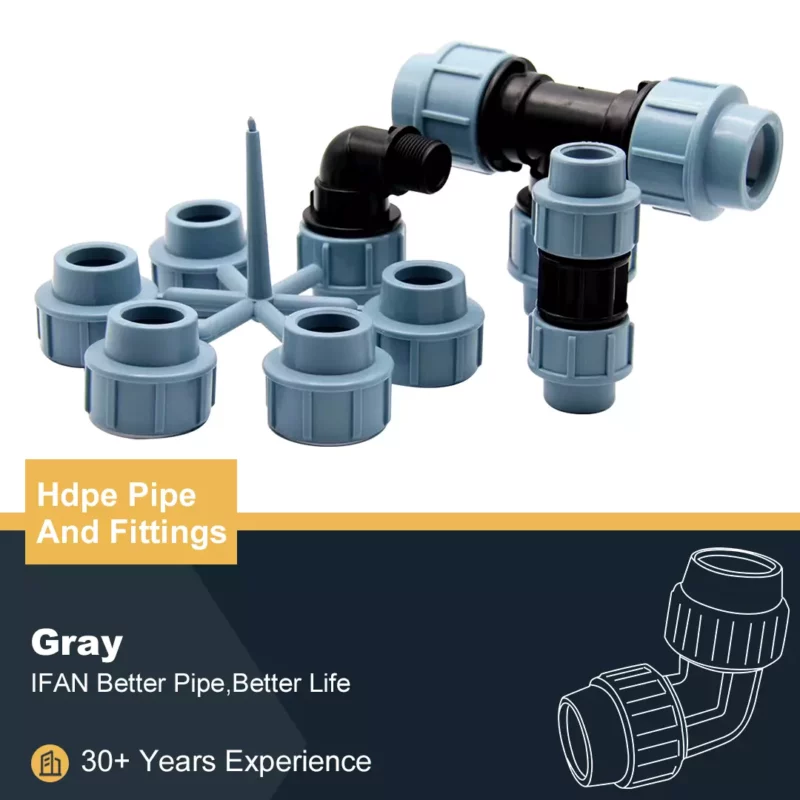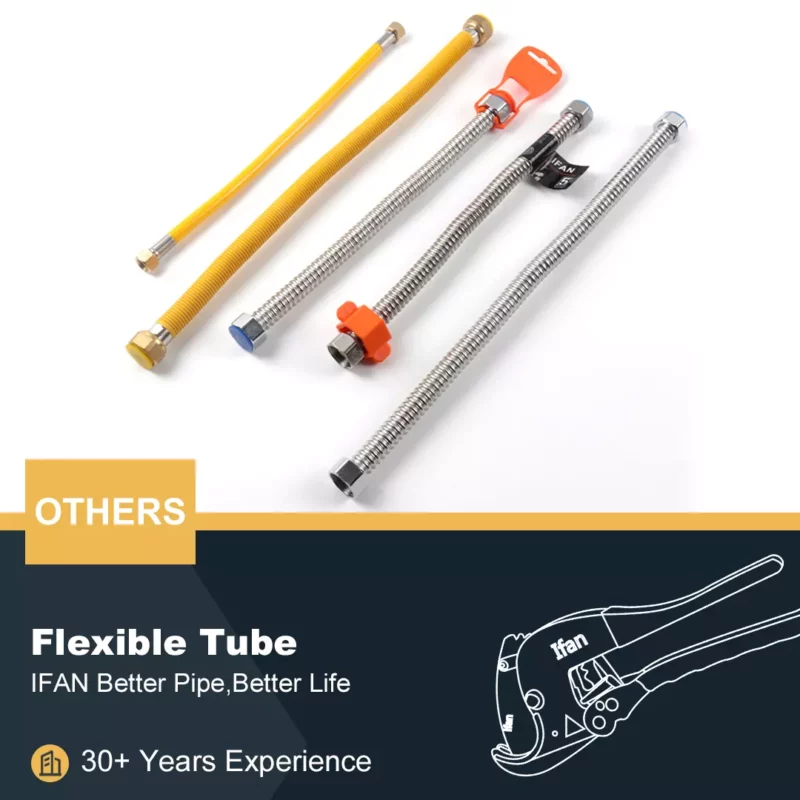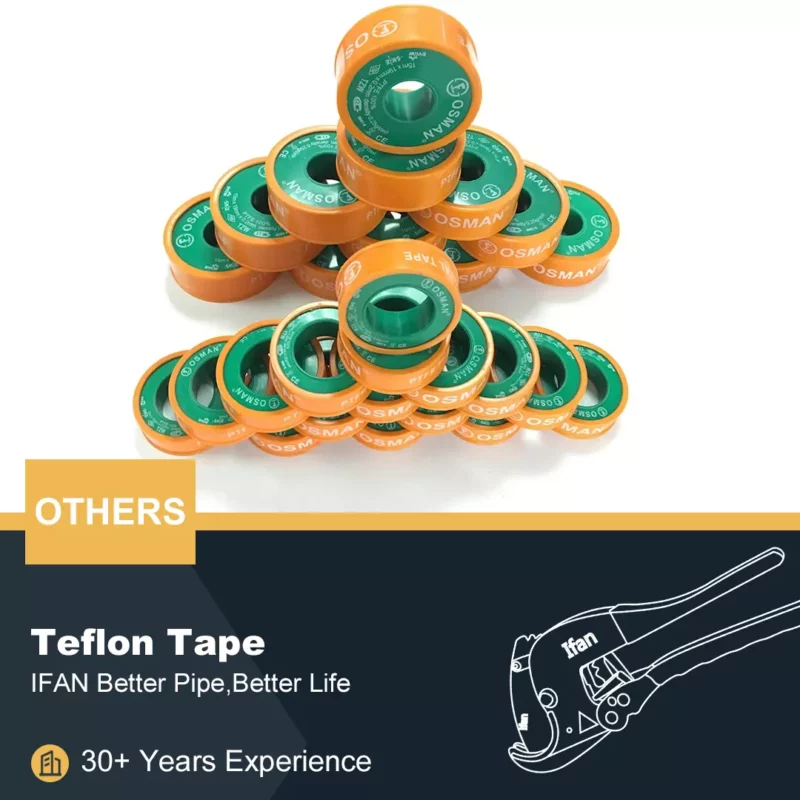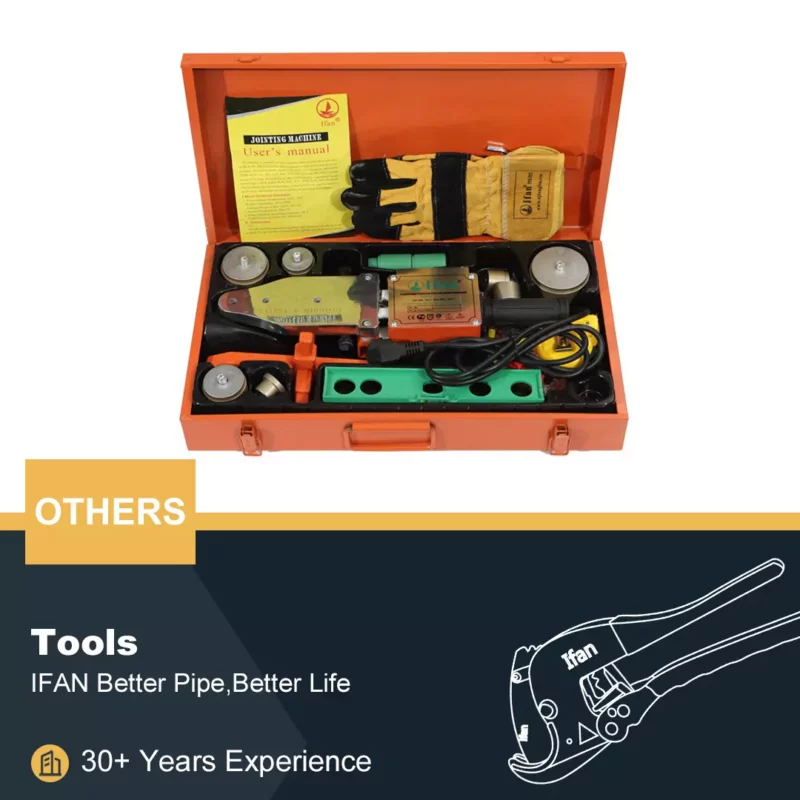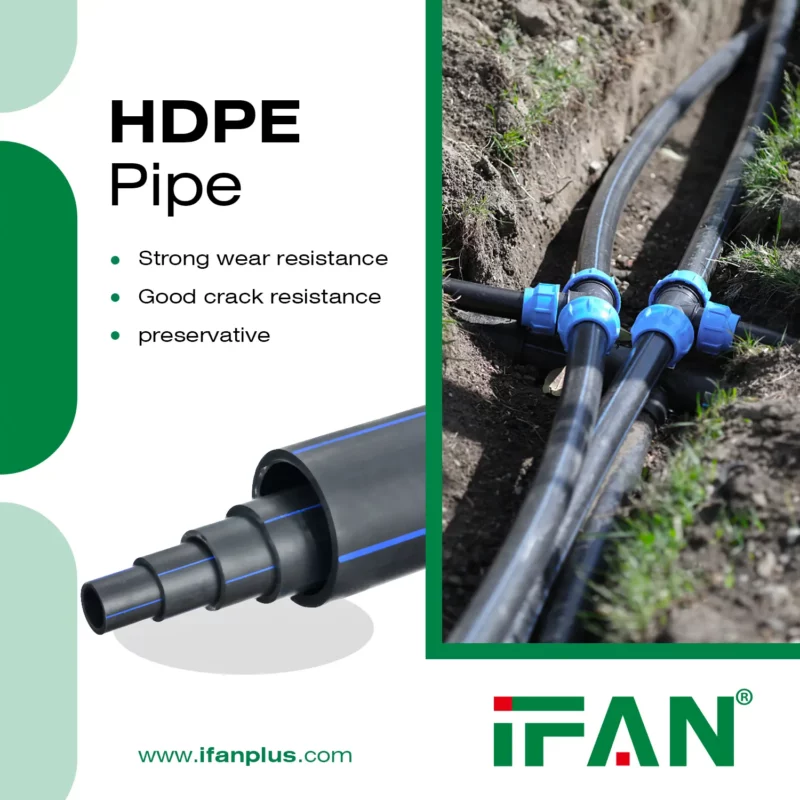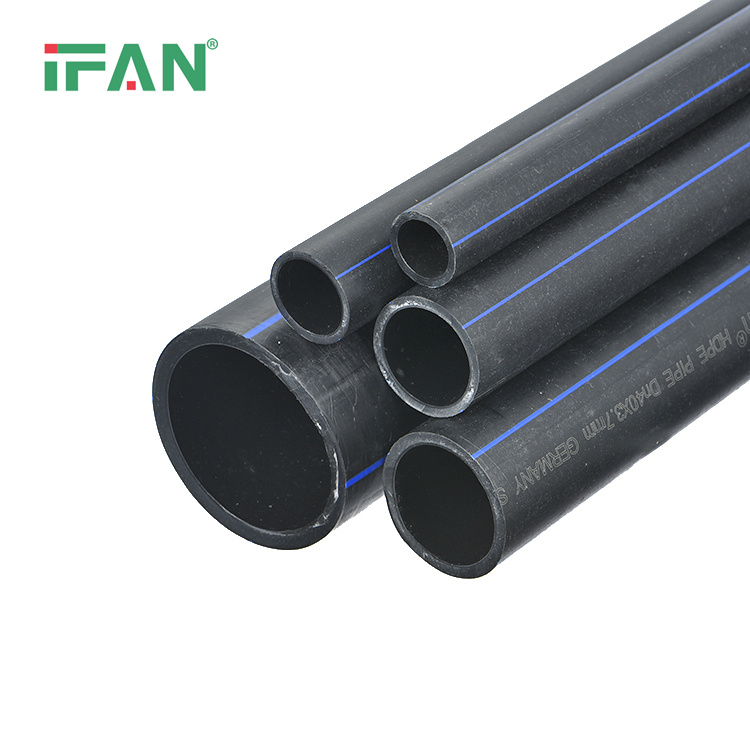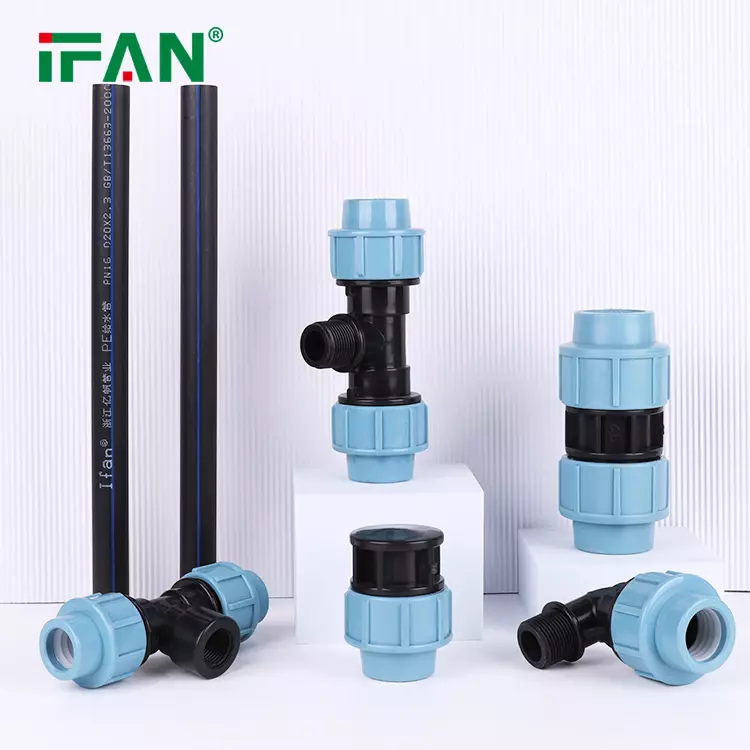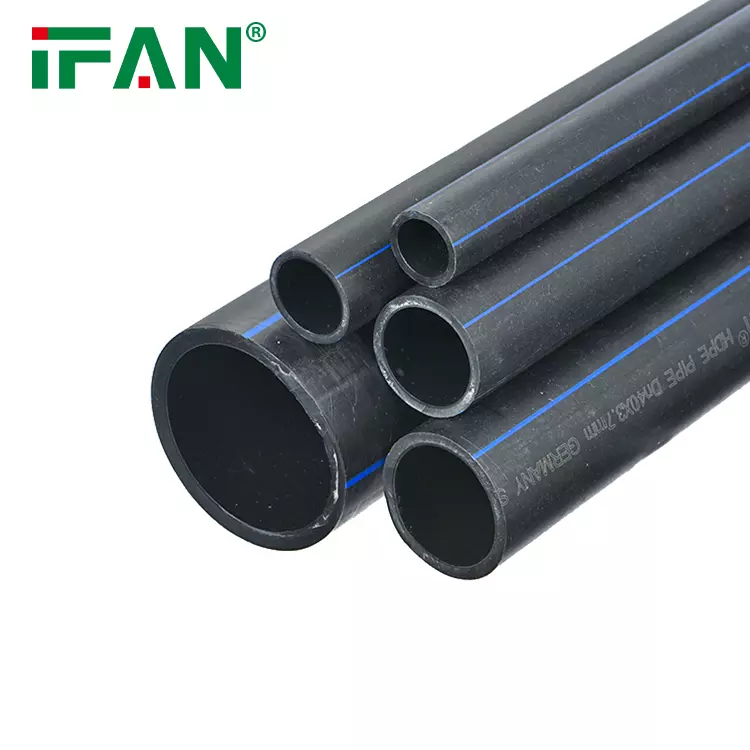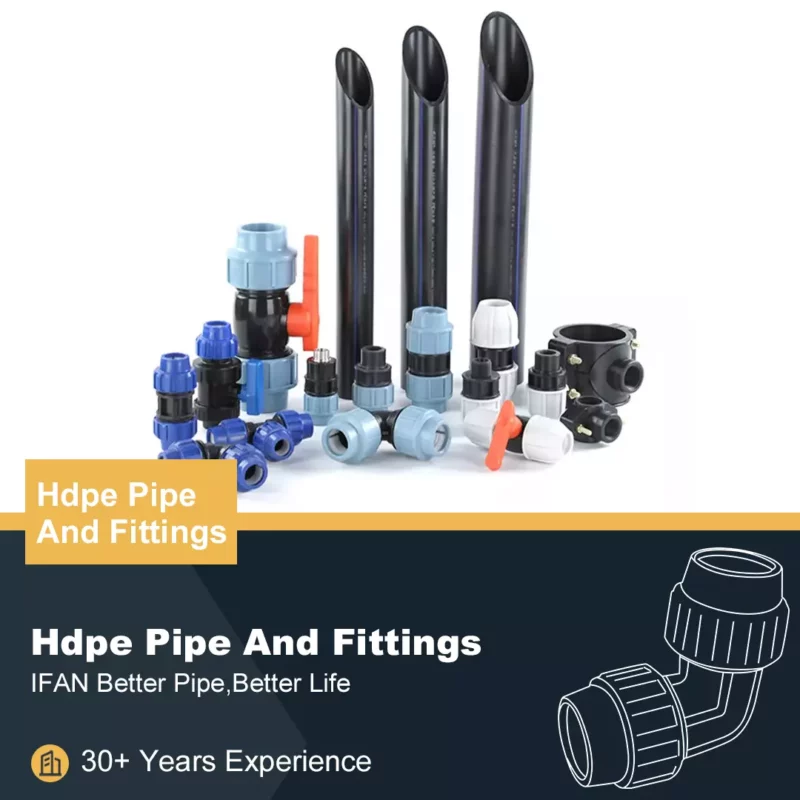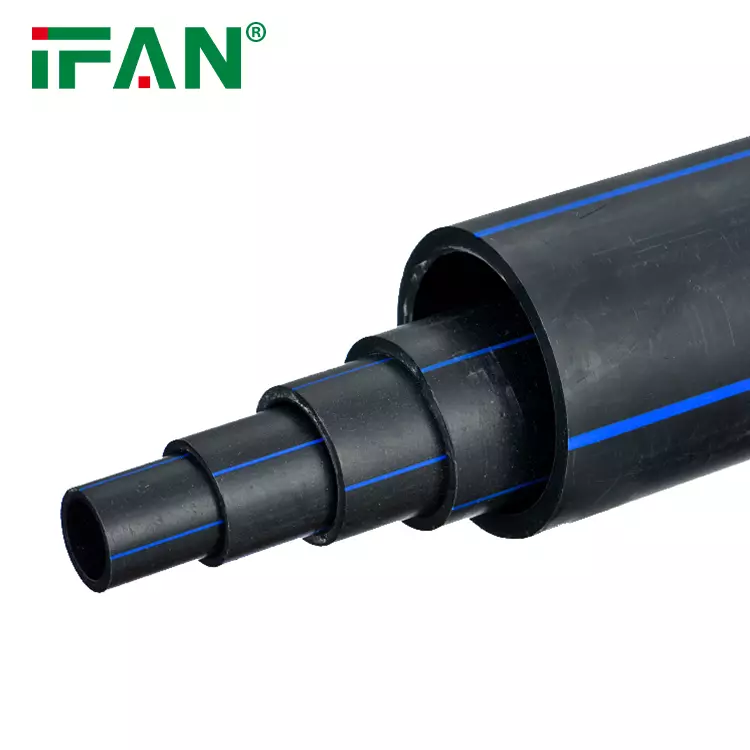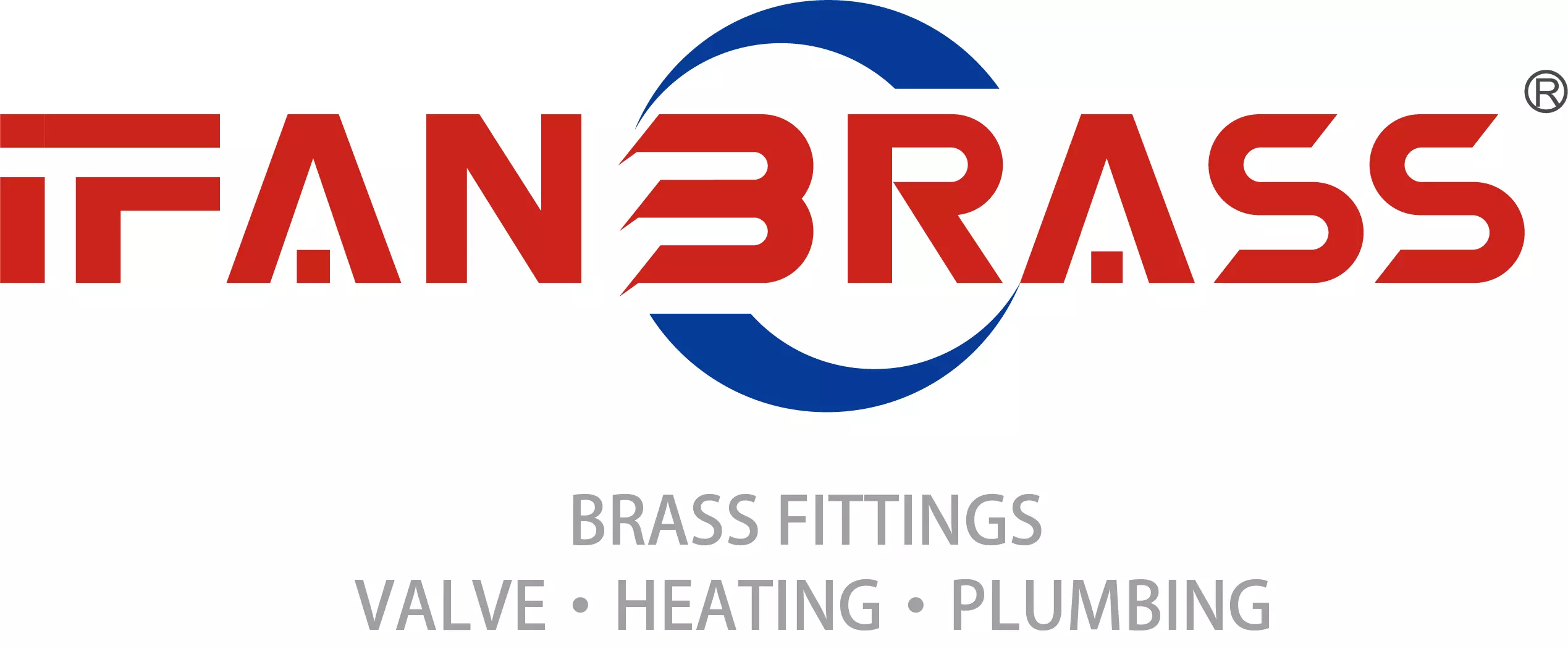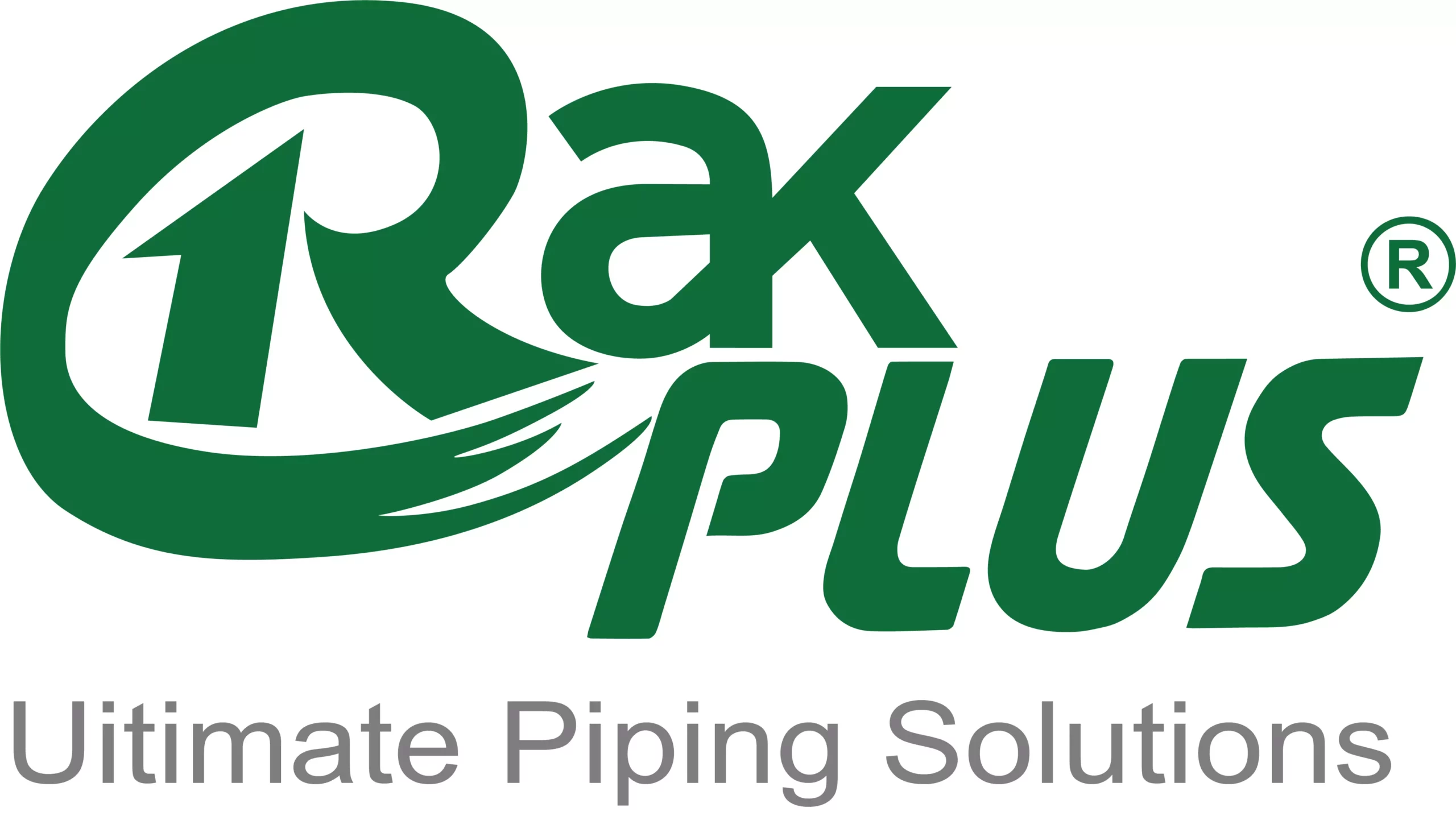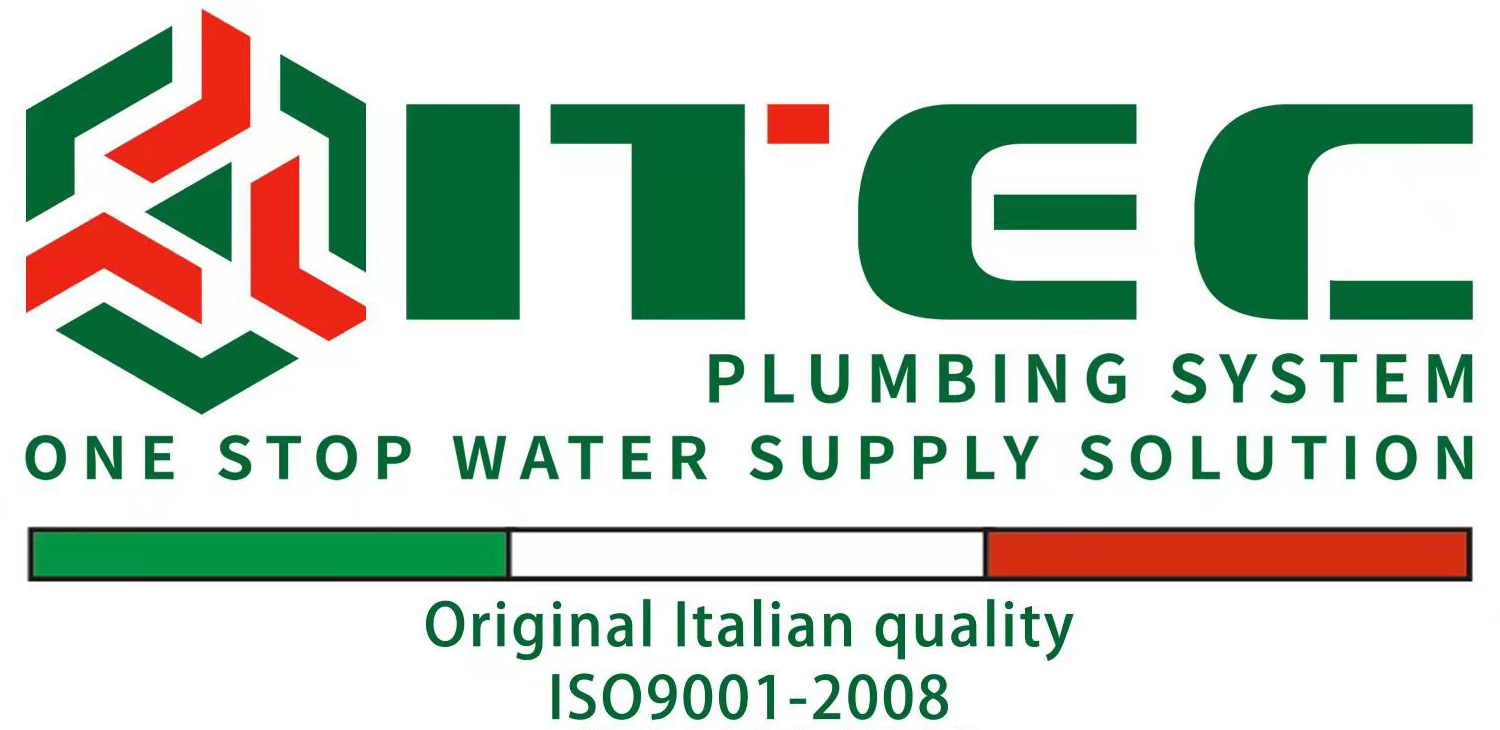HDPE (High-Density Polyethylene) pipes are versatile and widely used in various industries for their unique properties. They are known for their high strength-to-density ratio, flexibility, and resistance to corrosion and chemicals.
Water Supply Systems
HDPE pipes are extensively used in water supply systems due to their durability and reliability. They can withstand high pressure and are resistant to corrosion from chemicals and soil. Their smooth inner walls ensure efficient water flow and minimize the risk of clogs, making them ideal for both urban and rural water distribution networks.
Sewerage Systems
In sewerage systems, HDPE pipe are preferred for their ability to handle sewage and wastewater effectively. Their smooth surfaces inhibit the growth of biofilm and reduce the likelihood of blockages. HDPE pipes are also resistant to abrasion and chemical attack, ensuring long-term performance in underground installations.
Mining Applications
HDPE pipe play a crucial role in mining operations for transporting slurry, tailings, and other mining fluids. Their abrasion resistance is particularly advantageous in harsh mining environments where constant movement of abrasive materials occurs. HDPE pipes require minimal maintenance and have a long service life, making them a cost-effective choice for mining applications.
Industrial Applications
Across various industrial sectors, HDPE pipes are used for conveying a wide range of fluids including chemicals, acids, alkalis, and effluents. Their inert nature ensures that they do not react with transported substances, maintaining the integrity and purity of the conveyed fluids. HDPE pipes are favored for their lightweight nature, ease of installation, and resistance to corrosion and impact.
Agricultural Irrigation
In agriculture, HDPE pipes are extensively used for irrigation purposes. They facilitate the efficient distribution of water to fields and crops due to their smooth inner walls that minimize friction losses. HDPE pipes are UV resistant and can withstand exposure to sunlight, making them suitable for above-ground as well as buried irrigation systems in agricultural settings.
Gas Distribution
HDPE pipes are widely utilized in gas distribution systems for their excellent performance in handling natural gas and liquefied petroleum gas (LPG). They offer superior leak-proof joints and are resistant to cracking and fracturing under pressure. HDPE pipes provide a reliable and safe solution for transporting gases over long distances, meeting stringent safety standards in the gas industry.
Construction Purposes
In construction projects, HDPE pipes are used for various purposes including drainage systems, storm sewers, and foundation dewatering. Their flexibility and ability to withstand soil movement make them ideal for underground applications. HDPE pipes are also used in trenchless technology methods such as horizontal directional drilling (HDD), where they serve as casing pipes for utilities.
Telecommunication Cable Protection
HDPE pipes are employed for protecting underground telecommunication cables from external environmental factors such as moisture, soil movement, and mechanical damage. They provide a protective conduit for fiber optic cables and copper cables, ensuring reliable transmission of communication signals without interference. HDPE pipes are durable and resistant to impact, making them suitable for long-term cable protection solutions.
Environmental Considerations
From an environmental perspective, HDPE pipe offer several advantages. They are non-toxic and recyclable, contributing to sustainable practices in the construction and infrastructure sectors. HDPE pipes have a low carbon footprint compared to other materials and can be recycled into new products at the end of their service life, reducing waste and conserving natural resources.
Conclusion
In conclusion, HDPE pipes are indispensable in modern infrastructure and industrial applications due to their versatility, durability, and environmental benefits. Whether used in water supply systems, sewerage networks, mining operations, agriculture, gas distribution, construction projects, or telecommunications, HDPE pipes consistently deliver reliable performance and long-term cost savings. Their ability to withstand harsh conditions and maintain integrity over decades makes them a preferred choice for engineers and project managers seeking efficient and sustainable piping solutions.
If you have read this article and have any questions, please feel free to contact IFAN. Below is our contact information:
Whatsapp:+86 13373827623
Email:[email protected]


